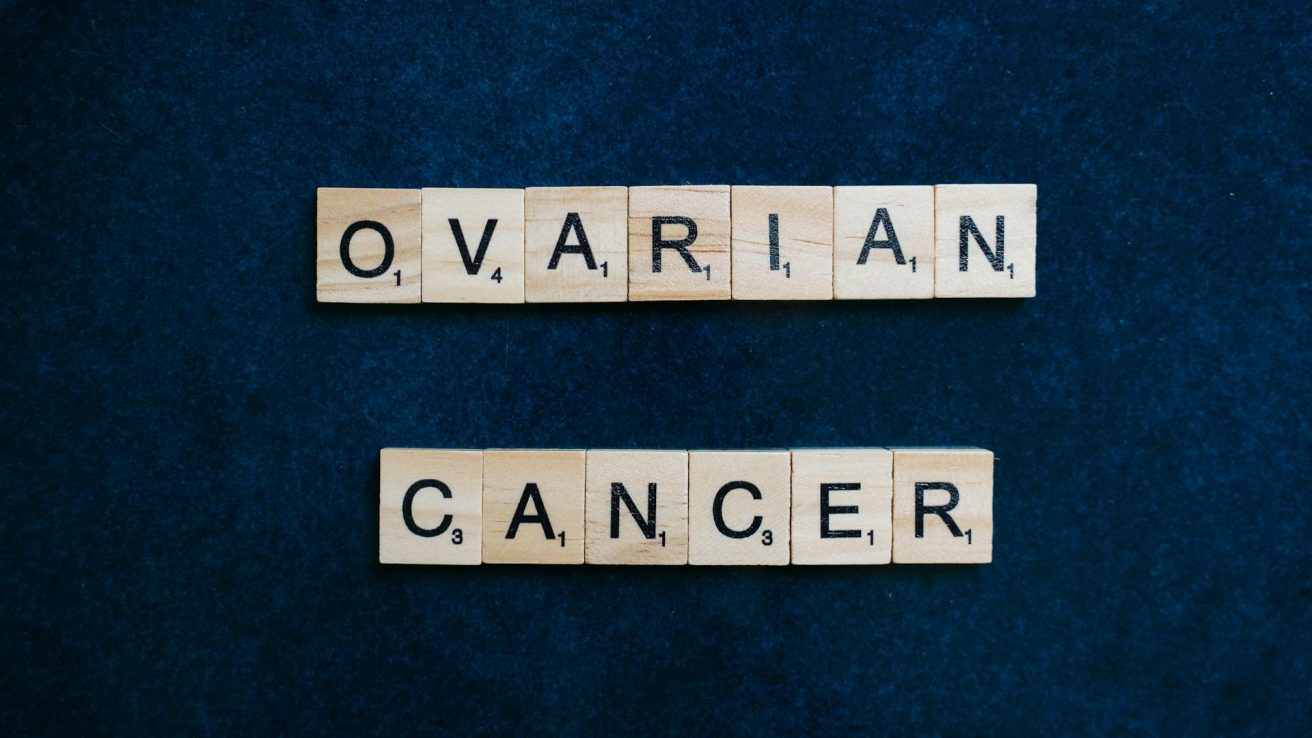A phase III study suggests that olaparib-bevacizumab is not only effective for high-risk (of relapse) HRD-positive tumors but is even more effective for low-risk patients in prolonging progression-free survival.
Cure is the ultimate goal of ovarian cancer treatment; however, ovarian cancer patients are often first diagnosed at advanced stages, with an increased risk of relapse. When relapse occurs, advanced ovarian cancer is regarded as uncurable in most cases. This highlights the significance of preventing relapse.
The Phase III PAOLA-1/ENGOT-ov25 trial investigated the efficacy of maintenance olaparib in combination with bevacizumab in patients with newly diagnosed advanced ovarian cancer. The primary objective was to achieve prolonged progression-free survival (PFS) and overall survival (OS), ultimately striving for a potential cure in this population, given the challenges posed by the advanced stage of disease at diagnosis and the high rate of relapse.
The present study, published in the International Journal of Gynecologic Cancer, aimed to identify the value of olaparib and bevacizumab therapy, irrespective of disease stage.
Olaparib Plus Bevacizumab Is Beneficial Irrespective of Clinical Risk
Results from PAOLA-1 demonstrated a significant improvement in PFS with the olaparib plus bevacizumab combination compared to bevacizumab alone, particularly in patients with homologous recombination deficiency (HRD)-positive tumors. Specifically, the hazard ratio (HR) for PFS was 0.59 (95% confidence interval (CI) 0.49 to 0.72, p<0.001), indicating a substantial reduction in the risk of disease progression or death. Notably, HRD-positive patients exhibited a clinically meaningful benefit in OS after 5 years, with a HR of 0.62 (95% CI 0.45 to 0.85), reflecting a statistically significant improvement in long-term survival outcomes.
The analysis stratified patients based on their risk levels, irrespective of surgical outcomes, to assess the broad applicability of the treatment regimen. Lower-risk patients, including those with complete resection after upfront surgery, showed substantial benefits, suggesting that the combination therapy might be particularly advantageous in this subgroup. The statistical analyses revealed a greater treatment effect for olaparib plus bevacizumab versus bevacizumab alone in lower-risk patients, with a HR for PFS of 0.15 (95% CI 0.07 to 0.30), indicating a more pronounced reduction in disease progression or death than in higher-risk patients.
Moreover, the study emphasized the importance of biomarker testing, such as HRD status, in guiding treatment decisions. Patients with HRD-negative tumors did not benefit significantly from the olaparib plus bevacizumab combination, highlighting the significance of personalized medicine approaches in optimizing treatment outcomes.
The Bottom Line
Overall, the findings underscore the potential of maintenance olaparib and bevacizumab combination therapy as a standard of care for newly diagnosed advanced ovarian cancer patients with HRD-positive tumors, regardless of clinical risk status. The statistical analyses provided robust evidence supporting the efficacy of the treatment regimen in improving both short-term and long-term survival outcomes.
Moreover, unlike previous studies that suggested that this combination is superior to bevacizumab alone in all patients, irrespective of the disease progression risk, the present study demonstrated that patients with a lower risk of disease progression are likely to benefit even more. Hence, these findings establish the role of olaparib plus bevacizumab as a first-line therapy for all ovarian cancer cases.
Source:
Lorusso, D., Mouret-Reynier, M., Harter, P., Cropet, C., Caballero, C., Wolfrum-Ristau, P., Satoh, T., Vergote, I., Parma, G., Nøttrup, T. J., Lebreton, C., Fasching, P. A., Pisano, C., Manso, L., Bourgeois, H., Runnebaum, I. B., Zamagni, C., Hardy‐Bessard, A., Schnelzer, A., . . . Ray‐Coquard, I. (2023). Updated progression-free survival and final overall survival with maintenance olaparib plus bevacizumab according to clinical risk in patients with newly diagnosed advanced ovarian cancer in the phase III PAOLA-1/ENGOT-ov25 trial. International Journal of Gynecological Cancer, ijgc–004995. https://doi.org/10.1136/ijgc-2023-004995






